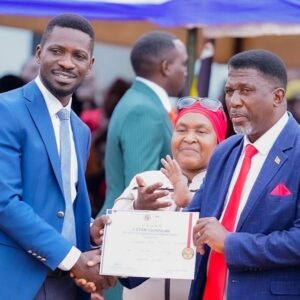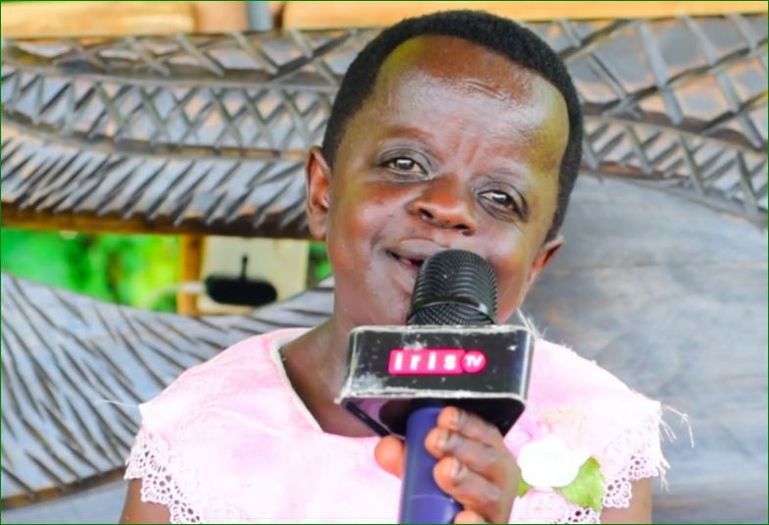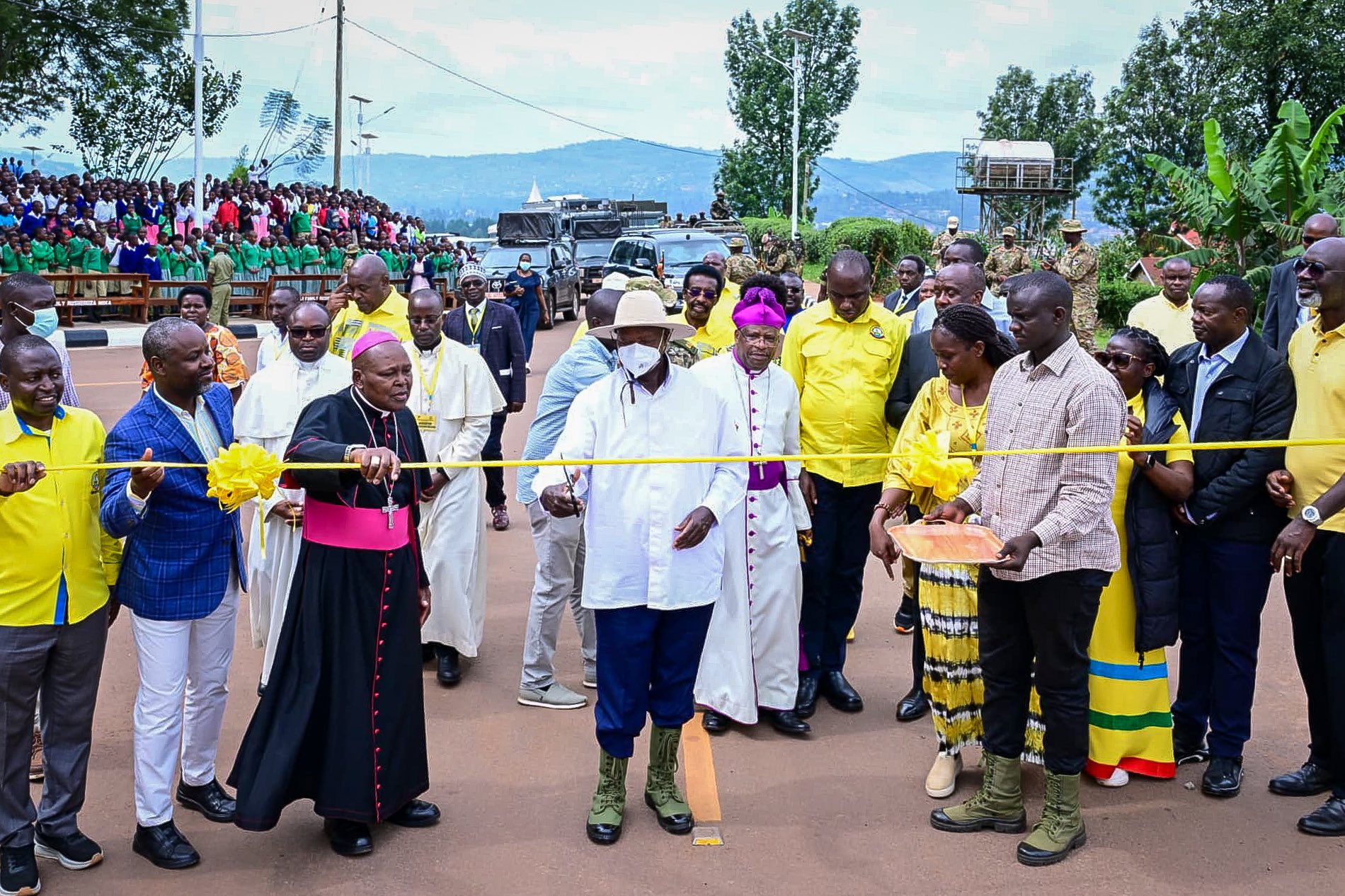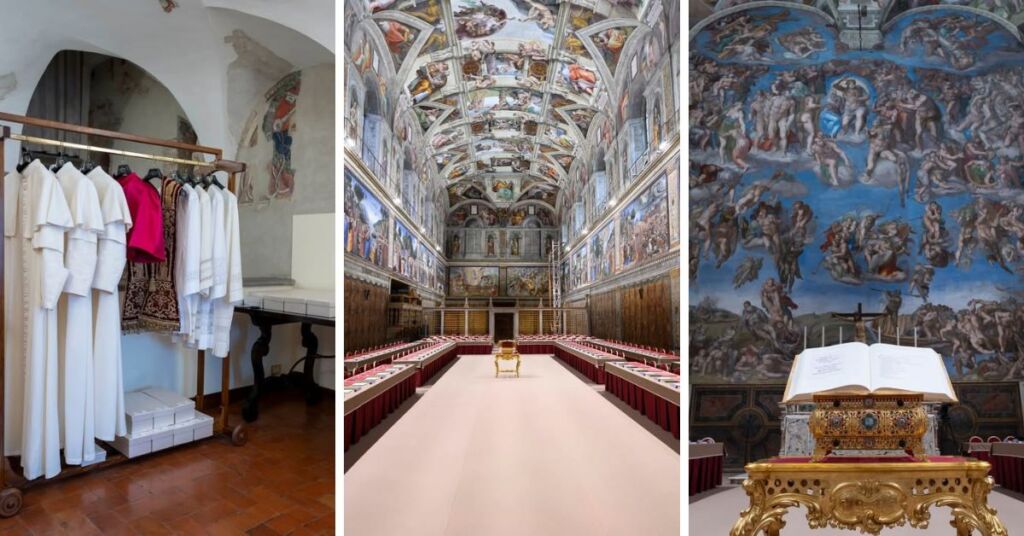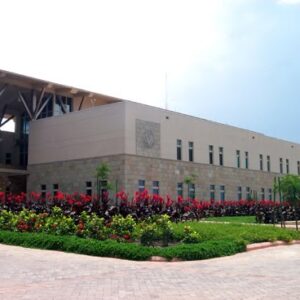Tanzania’s President Samia Suluhu Hassan is set to be sworn in this Monday morning in Dodoma. The ceremony will take place at a military ground, and no members of the public are allowed to attend. The tight security and restricted access come after the electoral commission declared President Suluhu the winner of a one-sided contest that opponents and rights groups claim was engineered to ensure her return to power. Official results released by the electoral authorities show Suluhu taking nearly 98% of the vote — a margin critics describe as implausible given the tense political climate and limited opposition participation.
The declaration of the landslide win has triggered unrest in several towns and cities across Tanzania. Protests broke out shortly after the announcement, with security forces responding swiftly and forcefully. Reports indicate that curfews were imposed, the military deployed to various urban centers, and internet access intermittently restricted. Several opposition figures were reportedly detained or went into hiding as authorities moved to restore what they termed “public order.” Local and international observers have expressed concern at both the scale of the security response and the credibility of the vote itself.
Holding the swearing-in ceremony at a military ground and closing it off from the public has drawn attention to the government’s desire to project control while limiting any opportunity for public dissent. The choice of venue and the exclusion of crowds have been interpreted as a signal of caution by a government seeking to manage optics at a time of political tension. Once-public national rituals are increasingly becoming state-managed events, with reduced civic participation and heavy security presence.
Observers and opposition leaders have condemned the election as lacking transparency and fairness. Several key challengers were disqualified or detained before the polls, while the media and civil society faced restrictions. Official voter turnout figures, which appeared unusually high, have further fueled skepticism. Human rights groups and some foreign governments have since called for an independent inquiry into alleged abuses and for renewed dialogue between the ruling party and opposition movements. The United Nations and other international bodies have urged restraint and a return to democratic principles, warning that the suppression of dissent could erode public trust and international credibility.
Adding his voice to growing international concern, Pope Leo on Sunday called for global prayers for Tanzania. He said, “May we also pray together for Tanzania, where, following the recent elections, violent clashes have broken out, leaving many victims. I urge everyone to avoid all forms of violence and to follow the path of dialogue.” His message, delivered from the Vatican, resonated deeply across the continent, where many are watching Tanzania’s unfolding crisis with unease.
As Suluhu begins her second term under this cloud of controversy, the country faces a defining moment. The government’s approach in the coming weeks will determine whether Tanzania can steer back toward national reconciliation or descend further into polarization. Economically, the country remains attractive to investors, but fears of instability and human rights concerns could slow progress and strain relations with international partners.
For ordinary Tanzanians, the immediate priorities remain peace, stability, and clarity. Citizens hope for an end to curfews, the restoration of communication channels, and assurances that future demonstrations will not be met with excessive force. For President Suluhu, the task is immense: she must consolidate her authority while rebuilding the trust that has been shaken both at home and abroad.
A swearing-in ceremony behind closed doors may symbolize command over state institutions, but it also underscores how fragile the political consensus in Tanzania has become. The path forward will depend not only on the strength of Suluhu’s administration but also on her willingness to open dialogue and pursue reconciliation in a nation yearning for calm after the storm.



